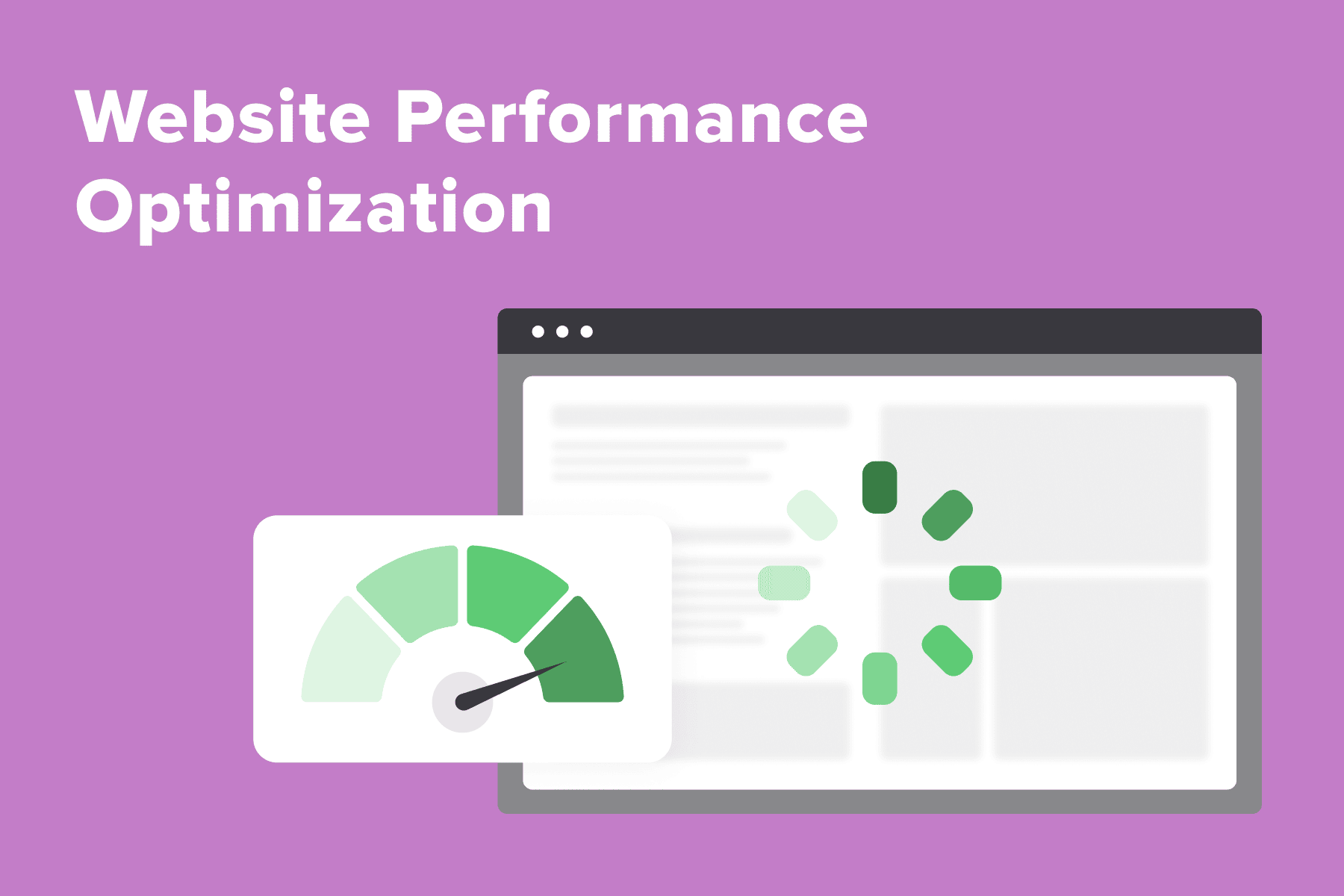Viva Resa: Your Gateway to Insightful Living
Discover news, trends, and tips for a vibrant lifestyle.
Speeding Past the Competition: Website Optimization Secrets
Unlock the secrets to outrun competitors! Discover vital website optimization tips to boost your traffic and visibility now.
Top 10 Website Optimization Techniques to Leave Your Competitors Behind
In today's digital landscape, mastering website optimization is crucial for gaining a competitive edge. Here are the top 10 techniques that can help you elevate your website’s performance and leave your competitors behind:
- Improve Page Load Speed: A fast-loading website not only enhances user experience but also boosts your SEO rankings.
- Mobile Optimization: Ensure your site is responsive, as more users are accessing websites through mobile devices.
- Use Descriptive Meta Tags: Well-crafted meta titles and descriptions improve your click-through rates on search engines.
- Optimize Images: Compress images to reduce load times while maintaining quality.
- Implement SSL Certificates: Secure your site with HTTPS to enhance trust and improve SEO.
- Utilize Clear CTAs: Create compelling calls-to-action to guide users toward desired actions.
- Conduct Regular Audits: Optimize content and structure based on performance analytics.
- Enhance User Experience: A seamless design and intuitive navigation can significantly increase user engagement.
- Build Quality Backlinks: Engage in link-building strategies to boost your website's authority.
- Leverage Social Media: Promote content through social channels to drive traffic and enhance visibility.

How Fast Loading Times Can Skyrocket Your Conversion Rates
In today's digital landscape, fast loading times are not just a luxury; they are a necessity. Studies have shown that users expect web pages to load in two seconds or less. If your site takes longer than that, the chances of losing potential customers increase significantly. A delay of even one second can decrease customer satisfaction by 16% and negatively impact conversion rates. In an age where attention spans are dwindling, every second matters. Therefore, optimizing your website for speed is crucial if you want to keep visitors engaged and reduce bounce rates.
Moreover, fast loading times enhance the overall user experience, which is essential for fostering trust and credibility. When users find a website that loads quickly, they are more likely to explore further, leading to increased chances of conversion—whether it be signing up for a newsletter, making a purchase, or engaging with your content. To capitalize on this, it's important to prioritize elements that can streamline your site's performance. Implement strategies such as compressing images, leveraging browser caching, and minimizing server response time to ensure that you provide your users with the seamless experience they crave.
Is Your Website Slowing You Down? Key Indicators of Poor Performance
A slow website can significantly affect your user experience and overall online presence. Key indicators of poor performance can manifest in various forms, including prolonged loading times, high bounce rates, and low conversion rates. If your website takes more than three seconds to load, you risk losing a significant percentage of visitors, as 79% of users who encounter a slow site are less likely to return. Additionally, frequent error messages or broken links can further contribute to a frustrating user experience, which can ultimately harm your search engine rankings.
To assess whether your website is suffering from performance issues, consider monitoring the following factors:
- Page Speed: Use tools like Google PageSpeed Insights to gauge loading times and receive optimization tips.
- Mobile Responsiveness: With an increasing number of users accessing websites via mobile devices, ensure your site is easily navigable and loads quickly on smartphones and tablets.
- Server Response Time: A sluggish server can lead to delays in loading your webpage; assess your hosting provider's performance regularly.
- Image Optimization: Large, unoptimized images can slow down page loads—opt for compressed formats where possible.